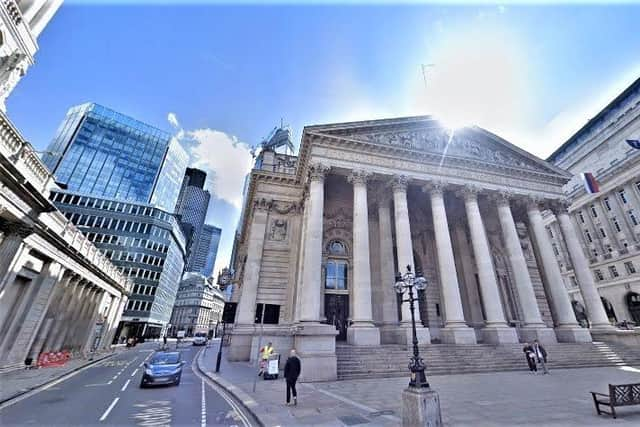Northern Ireland’s homeowners with tracker / variable mortgages likely to have pockets lightened by new rise in interest rates


The former unionist MLA, now senior economist at Ulster University’s Business School, said it is “a further blow to households already squeezed by the cost of living crisis”.
The announcement that the Bank of England’s base rate (which influences how much banks and building societies charge their own customers in interest) will rise from 0.75% to 1% was made today.
Advertisement
Hide AdAdvertisement
Hide AdMeanwhile the Bank of England predicts that inflation will continue to rise.
In March it was 7% (as measured by the CPI formula, as opposed to the RPI one), and is currently roughly 9%.
The bank says it expects this to keep on going up, “averaging slightly over 10% at its peak” in the last quarter of this year.
Its target is to keep inflation to just 2%.
When it comes to what the rise in interest rates will actually mean for householders, Dr Birnie said: “There is a definite cost to borrowers, especially those who have mortgages.
Advertisement
Hide AdAdvertisement
Hide Ad“Particularly so for those have some form of variable rate mortgage (tracker or standard variable rate) – in Northern Ireland 85,000 out a total of 236,000 mortgage holders.
“UK Finance [a lobby group for the finance sector] estimated monthly interest payments may rise by between £16 (variable rate) and £26 (tracker).
“Those are UK-wide figures and the figures for Northern Ireland would be lower, perhaps as low as between £9 and £15.”
This is because homes are cheaper in NI, so mortgage loans are generally smaller.
Advertisement
Hide AdAdvertisement
Hide AdHe added: “So, there is some up-front pain for many mortgage holders but the probably even more significant consideration is the extent to which Thursday’s rate rise is only part of a process which will eventually continue.”
But he added that “just as a rate rise is bad news for borrowers it should bring some cheer to savers”.
More from this reporter: